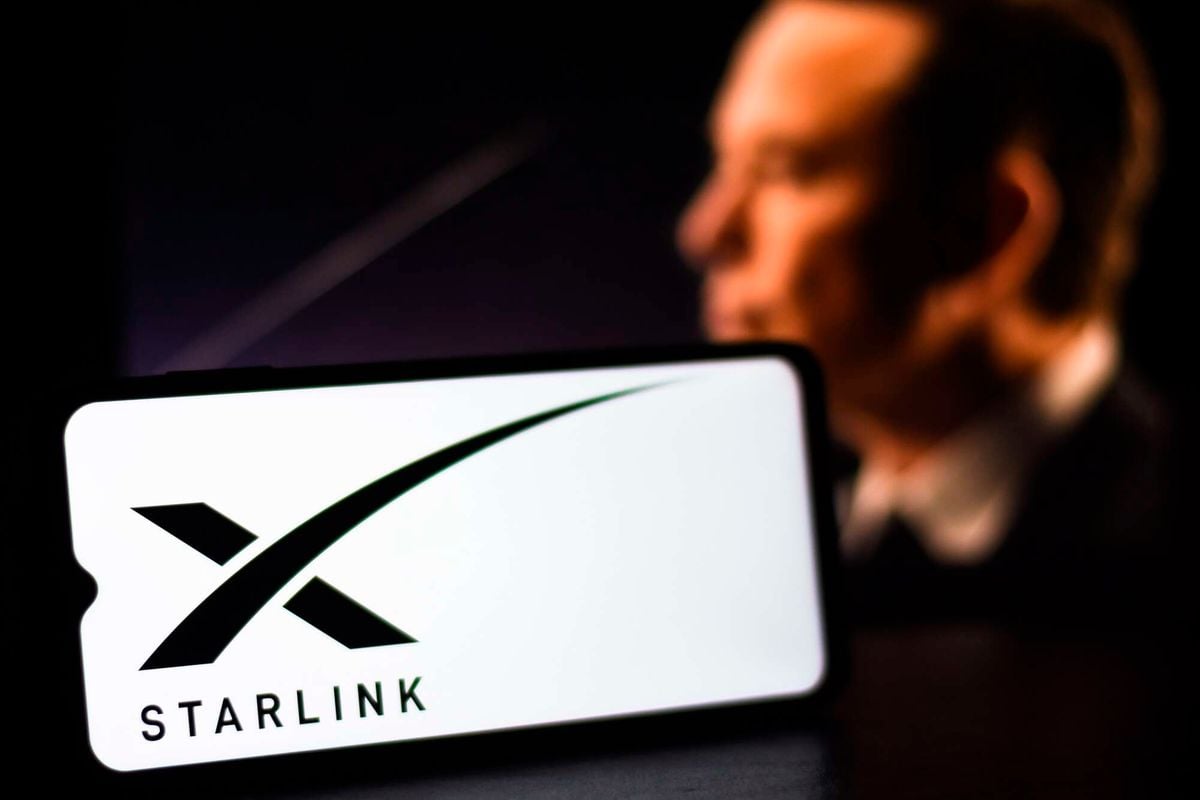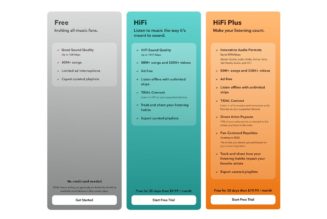
Kituo Cha Sheria, a non-governmental organisation, has moved to court backing the entrance of US billionaire Elon Musk’s Starlink into the Kenyan market with satellite internet services.
In a case filed under a certificate of urgency, the NGO said that satellite internet services should be allowed to grow and that claims by Safaricom that direct entry into the market poses a threat to mobile network quality are unfounded.
Kituo said in the petition that the allegations by Safaricom contained in a July 5, 2024 letter to the Communications Authority of Kenya (CA) remain unsubstantiated as it is a competitor and lacks independent and objective judgment.
Through lawyer Marc Chirchir, the organisation wants the court to issue an order directing the Competition Authority of Kenya (CAK) and the CA and any other relevant regulators to carry out a comprehensive scientific inquiry and study, devoid of any undue influence, from any mobile network operators or any other industry players, on the best practices around the world on the regulation of satellite internet services before enacting any laws and regulations on the same.
“That pending hearing and determination of this application and petition, a conservatory order of injunction be issued restraining the 2nd and 3rd respondent (CA and CAK) from taking any actions that may be prejudicial to the consumers of SpaceX’s Starlink, including but not limited to frustrating any payments made to Starlink, its subsidiaries licensees and distributors or any of its affiliated companies,” Mr Chirchir said.
Safaricom had asked the regulator to review its decision granting independent licences to satellite service providers, warning that such an arrangement could allow illegal connections and harmful interference to mobile networks.
The American company, backed by the world’s richest person, is betting on lowering Internet costs in a segment dominated by Safaricom, Jamii Telecommunications Ltd, and Zuku.
The NGO said internet is increasingly being recognised as a fundamental socio-economic right, playing a pivotal role in enabling individuals to access essential services, participate in the global economy and exercise their freedoms.
“As societies become more digitally interconnected, access to the internet is crucial for educational opportunities, healthcare information, job prospects, and civic engagement,” the NGO’s executive director Annette Mbogoh said.
Dr Mbogoh said the disparity in internet access can exacerbate existing inequalities, impeding economic growth and social mobility for marginalised communities.
She added that ensuring equitable access to high quality, affordable internet is not just a matter of technological advancement but a critical component of social justice and human development.
Dr Mbogoh said the net effect of Safaricom’s letter was to restrict trade as under Section 21 of the Competition Act.
She said the letter sought to limit control of production, market outlets or access, technical development, or investment by Starlink in the Kenyan market.
“The 1st respondent (Safaricom) is directly prejudiced by their market dominance and is likely to be apprehensive about the entry of any other big players into the market,” she said.
The NGO said unless this threat to block Starlink is urgently stopped, Kenyan internet users or consumers will be forced to continue struggling with unaffordable internet prices.
“If the petition and application should not be deemed as urgent and the interim prayers requested granted, the respondents’ actions pose an imminent danger to the progressive realisation of rights and liberties under Articles 40, 43, and 46 of the Constitution,” Mr Chirchir said in an affidavit filed in court.
Kituo Cha Sheria has named Safaricom, CA and CAK as respondents in the case and listed the Law Society of Kenya and Consumers Federation of Kenya as interested parties.









